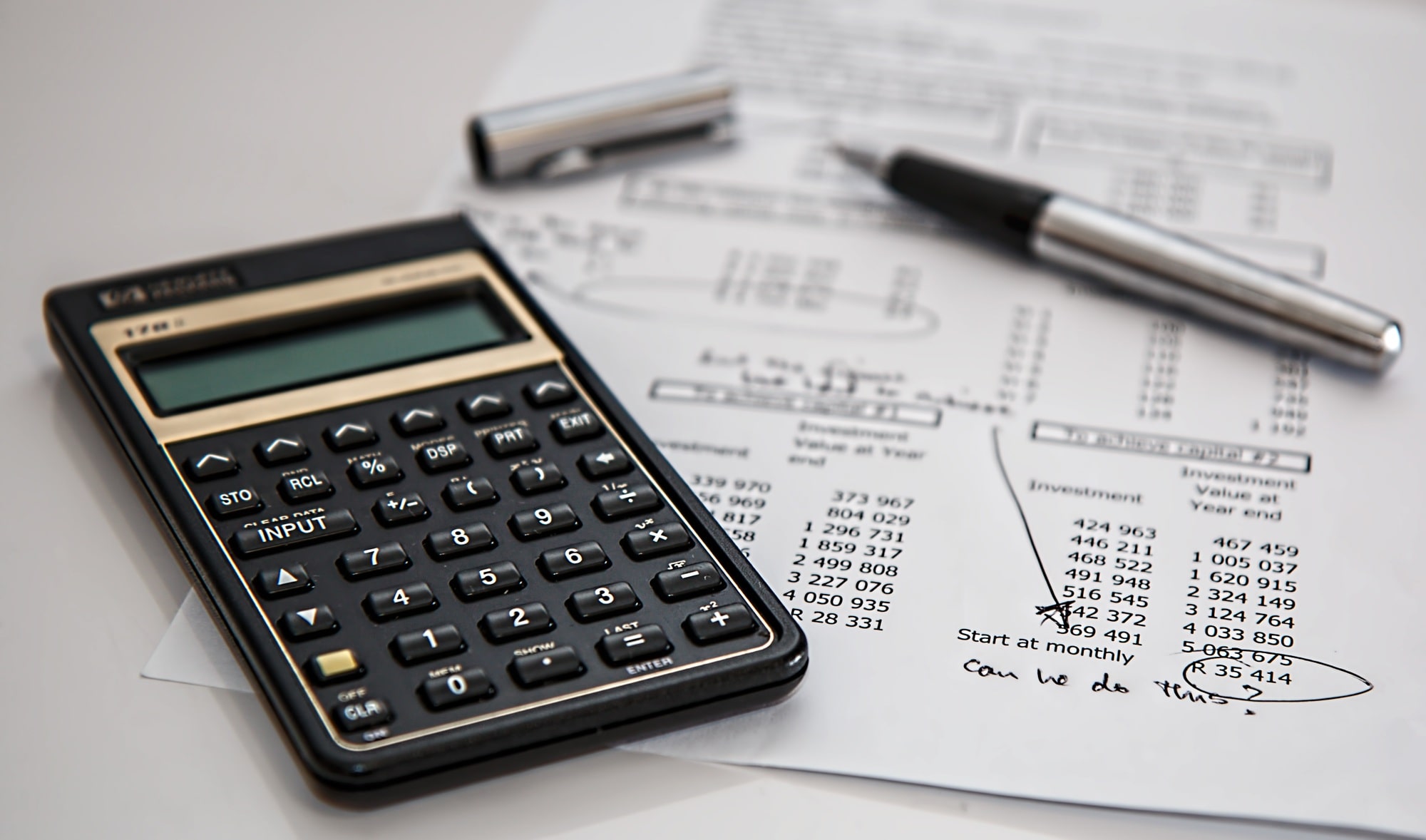Close to 40% of American homeowners rent out their properties. And with homeownership rates sitting at just over 67% in 2020, that’s a lot of rentals.
Whether you’re managing your own rental property or a professional property manager, you need to keep a lot of numbers in check. It goes far beyond just collecting and recording rent payments. You must keep track of expenses, pay property taxes, calculate rent rises, and so much more.
You need sound rental property accounting skills to get the most out of your investment. Read on to learn how to crunch numbers like a pro.
1. Split Your Business and Personal Accounts
The golden rule of rental property bookkeeping is keeping your personal and business accounts completely separate from one another. Get brand new:
- Checking accounts
- Savings accounts
- Credit cards
- Debit cards
This will ensure you can collect rent and earmark money for future rental property expenses like unexpected vacancies and repairs.
2. Understand Rental Business Transactions
You need to quickly become familiar with the various areas of rental property finances to manage your funds efficiently.
The main areas include:
- Tenant: collected rent, late fees, deposits, parking fees, reimbursements
- Property: reserve funds, collected fees, rent received, maintenance, utility payments, property taxes
- Business: collected fees, legal fees, advertising, software subscriptions, office space rental
You must demarcate these incomings and outgoings in your accounting sheets according to their area.
3. Track Your Expenses Right Away
Record expenses related to your rental property accounts in real-time. This means that as soon as you spend money for your business, record it in an expense tracker.
Don’t wait to jot them down until the end of the week, month, or worse, year. You could lose thousands of dollars a year due to not reporting the deductible expenses on your Schedule E. And you’ll definitely create an unnecessary, complicated, and time-consuming administrative task for yourself.
4. Take Advantage of Digital Tools
Gone are the days when expense tracking meant hefting a large book around with you. Today, rental property accounting is done digitally.
With online accounting software, you can:
- Scan documents like receipts and invoices
- Integrate your bookkeeping with your files
- Analyze your finances
- Access everything from any device anywhere in the world
There is even software that can help you find, screen, and communicate with tenants, collect rent, design advertisements, and sync your bank accounts.
These kinds of tools make your “passive” real estate investment truly passive!
Rental Property Accounting That Works
If you really want to reap the benefits of property management, you need to become an expert at rental property accounting. Mastering your cash flow ensures you get the most value out of the property, saves you time, and allows you to see where things are going wrong (or right).
If you’re an owner, real estate investor, or REIT in need of property management services in the Fort Lauderdale, Florida, area, contact HomeRiver Group today. We’re experienced in managing your investment properties, marketing your property for rent, finding and screening tenants, handling property maintenance, and managing rent collection.













